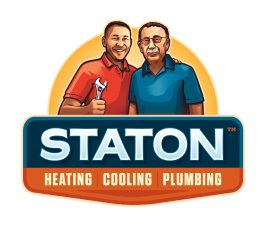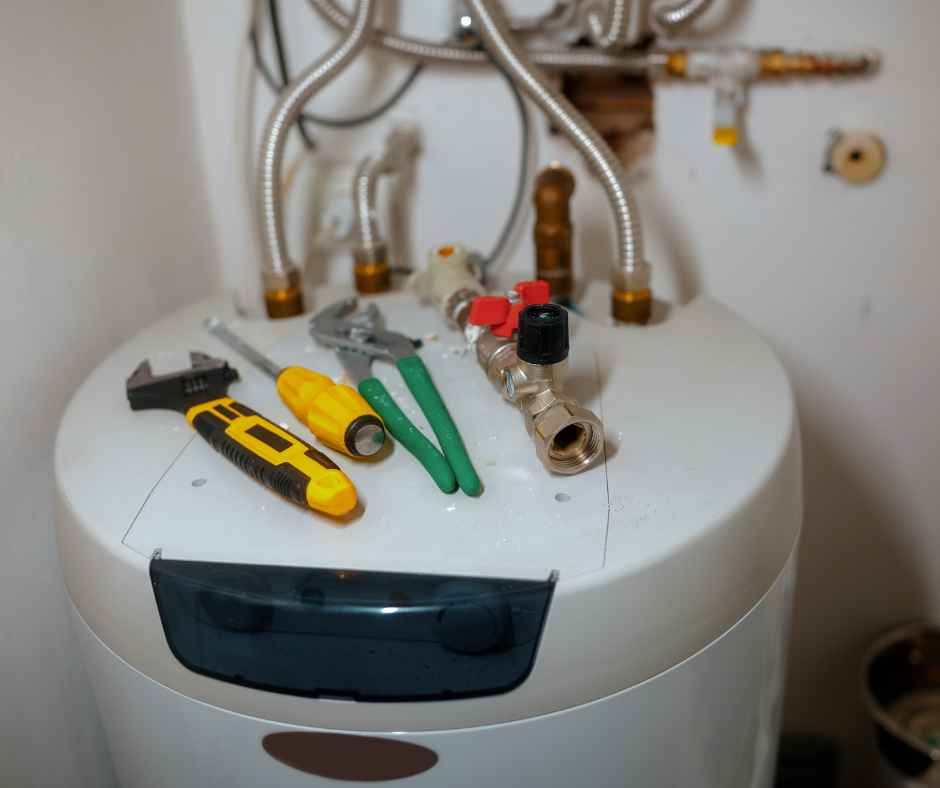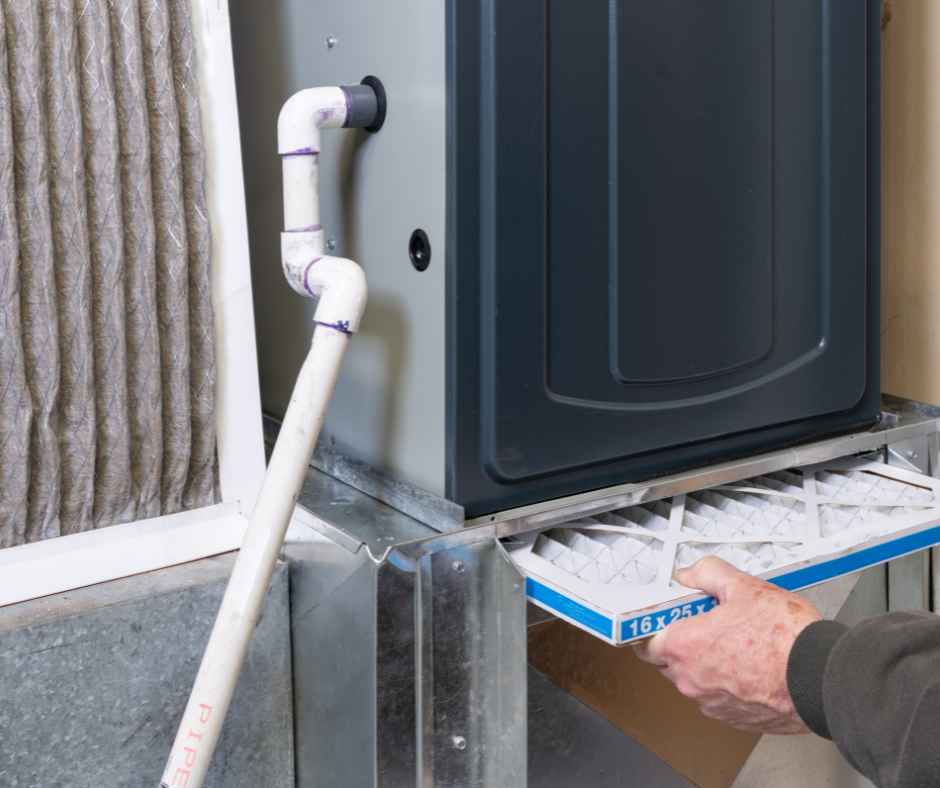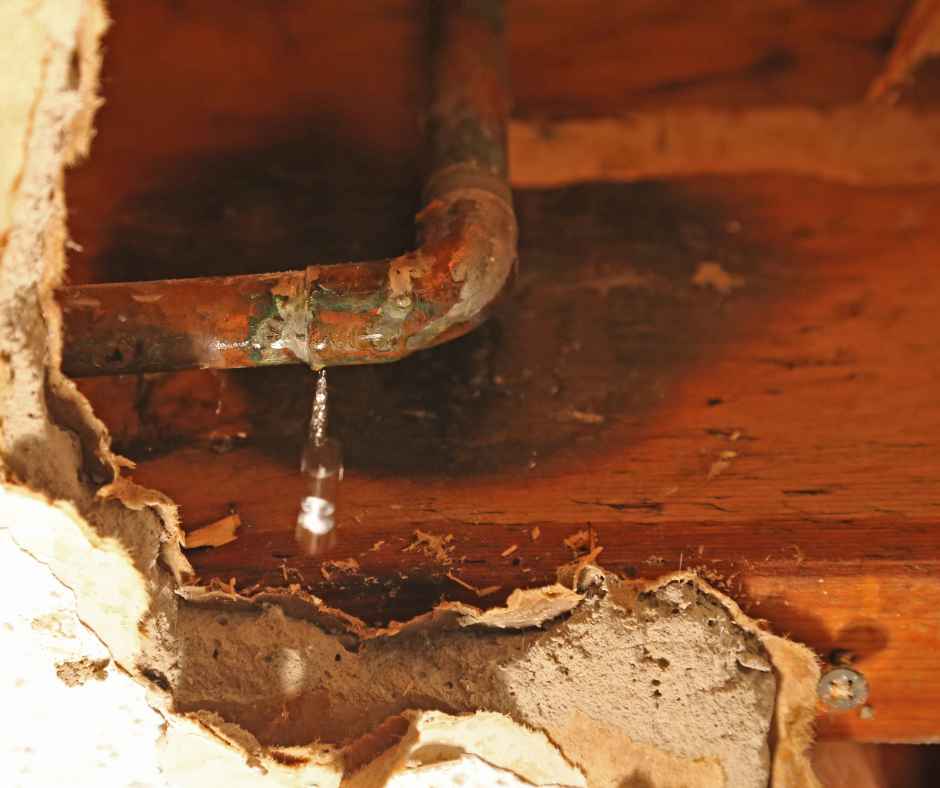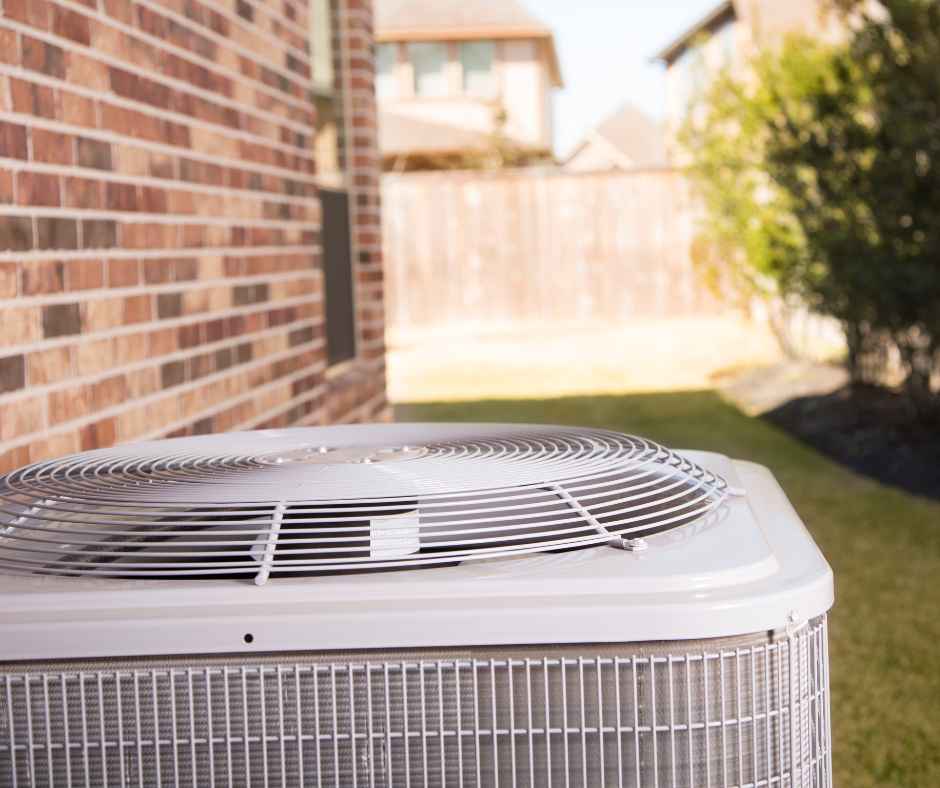Serving central Maryland & eastern shore
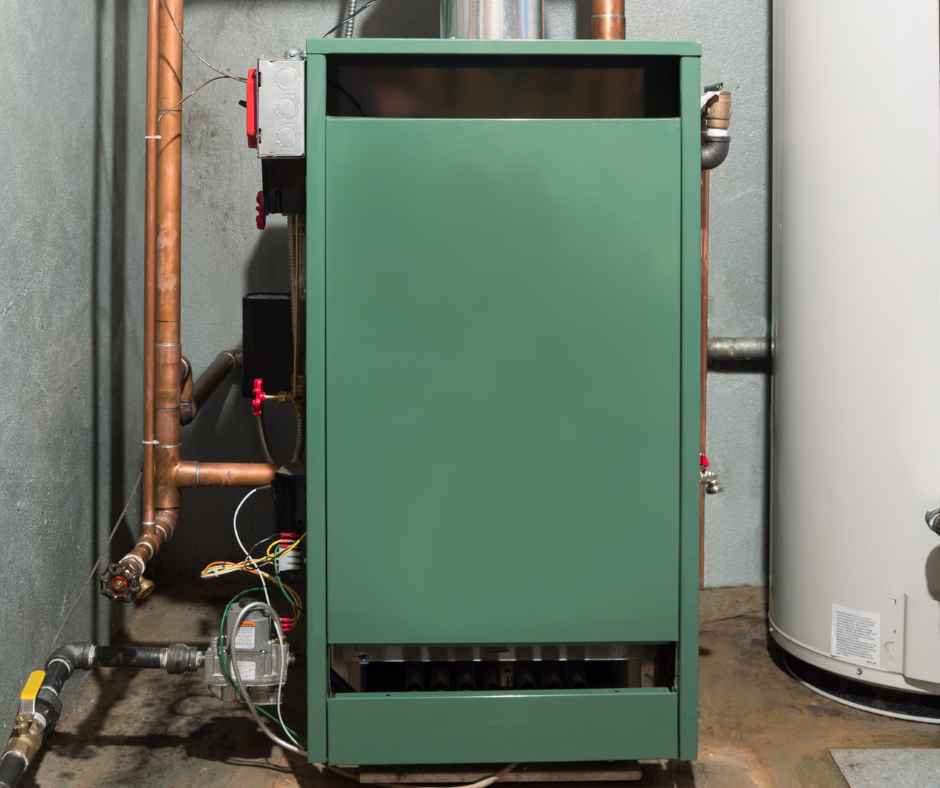
Heat Pump vs. Furnace: Which Is Best for Central Maryland Homes?
When it’s time to replace your heating system, most Annapolis homeowners face a big question: should you choose a heat pump or a furnace? Both systems can keep your home warm, but each has unique advantages depending on your budget, comfort needs, and our local climate. This blog breaks down the pros and cons of heat pumps and furnaces, compares their costs and efficiency, and helps you decide which option is the best fit for your Towson home.
Understanding the Difference Between Heat Pumps and Furnaces
Before choosing between a heat pump and a furnace, it helps to understand how each system works and what makes them different. Both provide heat for your home, but they do it in very different ways.
How Heat Pumps Work
A heat pump uses electricity to move heat rather than create it. In the winter, it extracts heat from the outside air and transfers it indoors. In the summer, it reverses the process and works like an air conditioner. Heat pumps are known for being energy efficient, especially in moderate climates, because they do not burn fuel to generate heat.
How Furnaces Work
A furnace generates heat directly. Most furnaces run on natural gas, oil, or electricity. The system burns fuel (or uses electric resistance) to create warm air, which is then distributed through the ductwork. Furnaces are often chosen for their ability to provide strong, consistent heat, even during very cold weather.
Key Difference at a Glance
Heat pumps transfer heat using electricity, which makes them efficient but less effective in extremely low temperatures.
Furnaces create heat by burning fuel or using electric coils, which makes them reliable in cold climates but often more expensive to operate.
Pros and Cons of Heat Pumps in Central Maryland
Heat pumps are becoming more popular in Anne Arundel County, especially in homes that already rely on electricity. They offer several benefits, but there are also some limitations to consider.
Advantages of Heat Pumps
- Energy efficiency: Because they move heat rather than generate it, heat pumps can lower monthly energy bills compared to electric furnaces.
- Dual function: A heat pump provides both heating and cooling, which eliminates the need for a separate air conditioning unit.
- Environmental benefits: Heat pumps do not burn fuel, which makes them a cleaner option with fewer greenhouse gas emissions.
- Steady comfort: They deliver consistent, even heating instead of the blasts of hot air often produced by furnaces.
Disadvantages of Heat Pumps
- Cold weather performance: Heat pumps are less efficient in very low temperatures. On the coldest winter days in Howard County, they may need supplemental heat from electric resistance or a backup furnace.
- Upfront cost: Installation costs are often higher than a traditional furnace.
- Lifespan: Heat pumps typically last 10 to 15 years, which is shorter than most furnaces.
- Maintenance needs: Because they run year-round, heat pumps may require more frequent maintenance to keep them efficient.
Pros and Cons of Furnaces in Central Maryland
Furnaces are the traditional choice for heating in Baltimore County and are still found in many homes today. They are reliable and powerful, but they also have some drawbacks compared to newer options like heat pumps.
Advantages of Furnaces
- Strong performance in cold weather: Furnaces generate heat directly, which means they can keep your home warm even during the coldest Prince George’s County winters.
- Long lifespan: A well-maintained furnace can last 15 to 20 years or more, often longer than a heat pump.
- Lower upfront cost: Furnaces usually cost less to install than heat pumps, which makes them appealing for budget-conscious homeowners.
- Wide availability: Natural gas furnaces are common in central Maryland, making it easy to find replacement parts and skilled technicians.
Disadvantages of Furnaces
- Higher operating costs: Gas and oil prices fluctuate, and electric furnaces are typically more expensive to run than heat pumps.
- No cooling capability: Unlike a heat pump, a furnace only provides heating. Homeowners still need a separate air conditioner for summer.
- Less energy efficient: Furnaces generate heat by burning fuel or using electric resistance, which is less efficient than transferring heat.
- Environmental impact: Gas and oil furnaces release carbon emissions, which may be a concern for eco-conscious homeowners.
Key Factors to Consider: Efficiency, Cost, and Climate
Choosing between a heat pump and a furnace comes down to how each system fits your home, budget, and local weather. Here are the most important points to weigh before making a decision.
Energy Efficiency
Heat pumps are typically more energy efficient because they transfer heat instead of generating it. In mild to moderate weather, they can save significantly on utility bills.
Furnaces are less efficient but provide stronger heat output. High-efficiency gas furnaces can still help reduce costs compared to older models.
Installation and Operating Costs
Heat pumps often have a higher upfront cost but can lower monthly energy bills, especially if your home is all-electric.
Furnaces usually cost less to install but may come with higher operating costs depending on energy prices.
Climate Considerations in the Eastern Shore Region
Heat pumps work very well for much of central Maryland’s climate, particularly in the fall and spring. However, during extreme cold snaps, they may require backup heat.
Furnaces perform consistently in Ellicott City winters, even when temperatures dip below freezing. This makes them a dependable option for households that prioritize reliable heat on the coldest days.
Lifespan and Maintenance
Heat pumps typically last 10 to 15 years and require regular service because they operate year-round.
Furnaces often last 15 to 20 years or more and usually need fewer service calls throughout the year.
Which Heating System Is Right for Your Home?
Both heat pumps and furnaces can keep a central Maryland home warm, but the right choice depends on your priorities.
Choose a heat pump if:
- You want one system that provides both heating and cooling.
- You prefer lower energy bills in moderate weather.
- Your home is already set up for electric systems or you want a cleaner, greener option.
Choose a furnace if:
- You want powerful heat during the coldest Bowie winters.
- You prefer a system with a longer lifespan and lower maintenance demands.
- You are looking for a lower upfront installation cost.
Many Dundalk homeowners also choose a dual system that combines a heat pump with a backup furnace. This setup provides efficient heating most of the year with reliable furnace heat available on the coldest days.
Final Thoughts: Choosing the Best Heating System
Deciding between a heat pump and a furnace is one of the biggest choices a homeowner can make when it comes to comfort and energy efficiency. Heat pumps offer year-round versatility and efficiency in moderate weather, while furnaces provide powerful, reliable heat during the coldest Glen Burnie winters. The best system for your home depends on your budget, lifestyle, and comfort needs.
If you are unsure which option is right for you, the experts at Staton Plumbing, Heating and Cooling can help. Our team will evaluate your home, explain your options, and recommend the best system for lasting comfort and savings.
Contact Staton today to schedule a consultation and find the perfect heating solution for your home.
Frequently Asked Questions About Heat Pumps and Furnaces
Do heat pumps work in the Eastern Shore’s cold winters?
Yes. Modern heat pumps can operate efficiently in typical central Maryland winter temperatures. However, during very cold snaps, they may need supplemental heat from electric resistance or a backup furnace.
What is the average cost difference between installing a heat pump and a furnace?
A new furnace usually costs less to install than a heat pump. Heat pumps often have higher upfront costs but can save money on monthly energy bills, especially in homes without access to natural gas.
Can I replace my furnace with a heat pump?
Yes, in many cases, a furnace can be replaced with a heat pump. The cost and complexity depend on your home’s existing ductwork and electrical system. A professional HVAC contractor can evaluate your setup and recommend the best approach.
How often should I service my heat pump or furnace?
Both systems should be professionally serviced at least once a year. Heat pumps may benefit from twice-yearly maintenance since they run year-round for both heating and cooling.
What is a dual-fuel system, and is it worth it?
A dual-fuel system combines a heat pump with a gas furnace. The heat pump handles efficient heating during moderate weather, while the furnace provides backup heat during very cold conditions. For Annapolis homes, this setup offers the best of both worlds.

